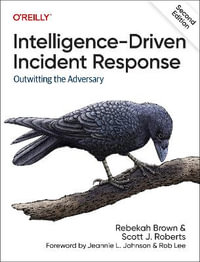The University of Florida has an ambitious goal: to harness the power of its faculty, staff, students, and alumni to solve some of society's most pressing problems and to become a resource for the state of Florida, the nation, and the world.
Cybersecurity is the most pressing issue of our increasingly interconnected and networked lives. Recent estimates predict that worldwide the number of connected devices-everything from computers and mobile phones to traffic cameras and pacemakers-will reach 50 billion by 2050. That number is staggering and so are the vulnerabilities.
Networked devices like smart thermostats and TVs need to be easily accessible, but they also need to be secure. The more access points a device like a self-driving car has, the more susceptible points adversaries-cyberterrorists or hackers-can attack. Yet device manufacturers mostly favor usability, and security is all too often sacrificed.
At the University of Florida some of the brightest minds in cybersecurity-related fields have teamed together to form the Florida Institute for Cybersecurity Research. From industry, academe, and government, members of FICS Research collaborate and bring together expertise in all aspects of cybersecurity and assurance, including hardware, network, mobile, big data, the Internet of Things (IoT), applied cryptography, social sciences, law, and more.
In Plugged In, we meet the men and women at the Florida Institute for Cybersecurity Research who have devoted their careers to studying and staying one step ahead of the bad guys.
The stories chronicled in GATORBYTES span all colleges and units across the UF campus. They detail the far-reaching impact of UF's research, technologies, and innovations-and the UF faculty members dedicated to them. Gatorbytes describe how UF is continuing to build on its strengths and extend the reach of its efforts so that it can help even more people in even more places.
























